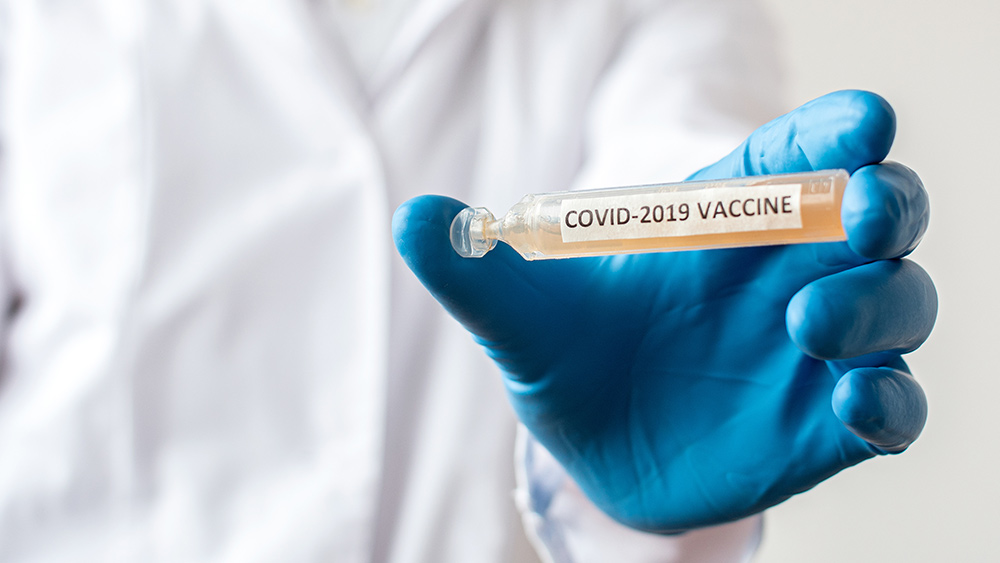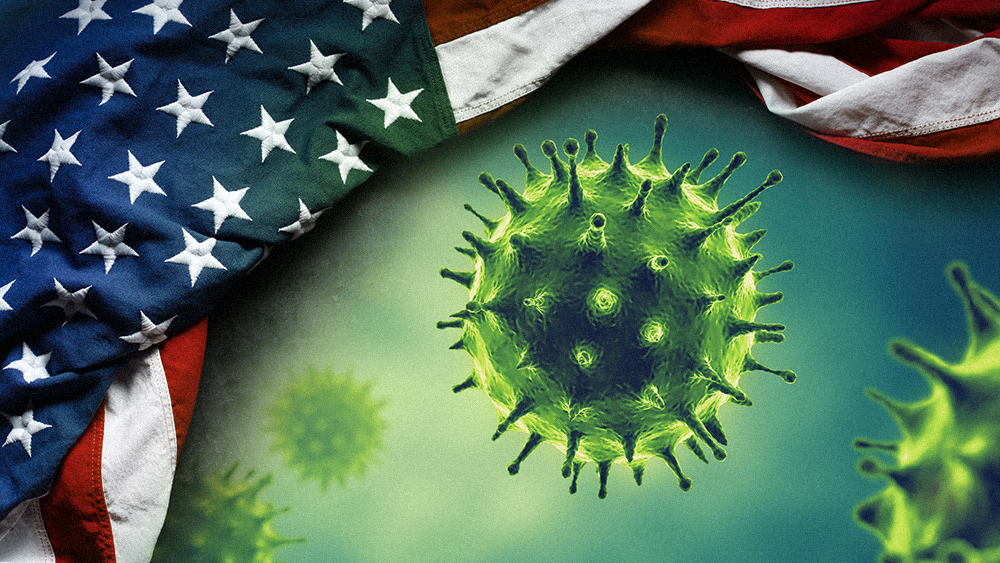How many ways is the flu vaccine failing us?
02/25/2020 / By Isabelle Z.

It’s becoming increasingly clear that the flu vaccine is little more than a money-making scheme. After all, we can’t really say that it’s effective enough to warrant widespread administration – quite the opposite, in fact. In the third part of a series exploring the spectacular failures of a variety of vaccines, Children’s Health Defense recently looked at the flu jab’s many shortcomings. Here are a few that stand out.
The flu vaccine has been 40 to 90 percent ineffective over the last 15 years
Nothing sums up all that is wrong with the flu shot quite as well as this sad statistic. People might be willing to overlook other issues with a shot if it affords them foolproof protection from a serious illness, but that simply isn’t the case here. Last year, the flu vaccine effectiveness across all age groups and flu viruses was just 29 percent. Moreover, when considering only the influenza A virus that took hold in late winter, it was ineffective 91 percent of the time.
The flu vaccine’s effectiveness goes down upon repeated vaccination
According to a study published by Canadian researchers this year, repeated flu vaccination makes the current year’s vaccine effectiveness weaker. They looked at people aged 65 years or older to explore the impact of previous vaccination for 10 prior flu seasons.
For those who got the vaccine in 2015-16 but hadn’t gotten one in the decade before it, their vaccine effectiveness was 34 percent, which is already pretty ineffective. However, the picture is even bleaker for those who did have previous vaccines, with those getting 1-3, 4-6, 7-8, or 9-10 vaccines in the previous decade noting current-year effectiveness of 26%, 24%, 13%, and 7% respectively. A different study carried out by Spanish researchers showed vaccine effectiveness of 20 percent of lower among those who had just one previous vaccination.
People who get flu vaccines become more susceptible to non-vaccine flu viruses and other infections
Children who were given a seasonal flu vaccine were found in a study to be more susceptible to acute non-influenza respiratory viruses in the following nine months. Other studies have shown that people who got a 2008 seasonal flu shot had more than a two-fold greater risk of H1N1.
The effectiveness of the flu vaccine is very inconsistent
The effectiveness of the flu vaccine can experience dramatic seasonal fluctuations, and it depends largely on how accurately manufacturers are able to guess which virus strains they need to include in the vaccine for any given year. This year, for example, the vaccine is not a very good match for one of the most common strains circulating that is particularly hard on children.
Factors like imprinting, which is how a person’s first flu infection shapes their immune memory over their lifestyle, can play a role in future infection risk. Moreover, obese people have a lower response to the flu vaccine than those of a healthy weight given obesity’s ability to impact people’s metabolism and age their immune system cells.
Some researchers aren’t reporting on their efficacy findings honestly
Flu vaccine proponents often offer up misleading information to support their claims. For example, some researchers have been known to wait two weeks after vaccination to start collecting illness information, which means short-term adverse events may not be accounted for. They might also use wording that masks discouraging findings.
Although a 50 percent increase in the worldwide flu vaccine market has been predicted by 2023, American adults appear to be growing more skeptical of the shot, with flu vaccine coverage dropping for every age group among adults and dipping to an eight-year low. Some researchers say that they hesitate to discuss flu vaccine problems because they don’t want to be labeled as being “anti-vaccination,” so it is up to the public to take a closer look at the facts and make their own decisions.
Sources for this article include:
Tagged Under: deception, Flu vaccine, H1N1, immunization, influenza, research, vaccination, vaccines



















